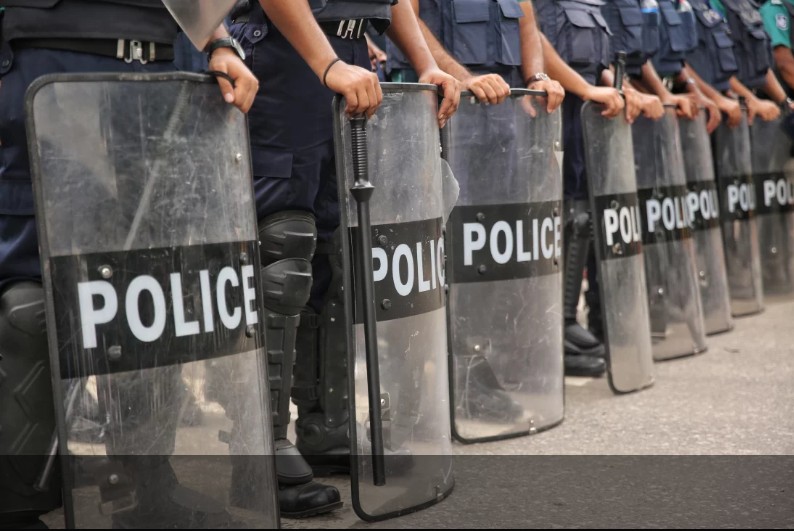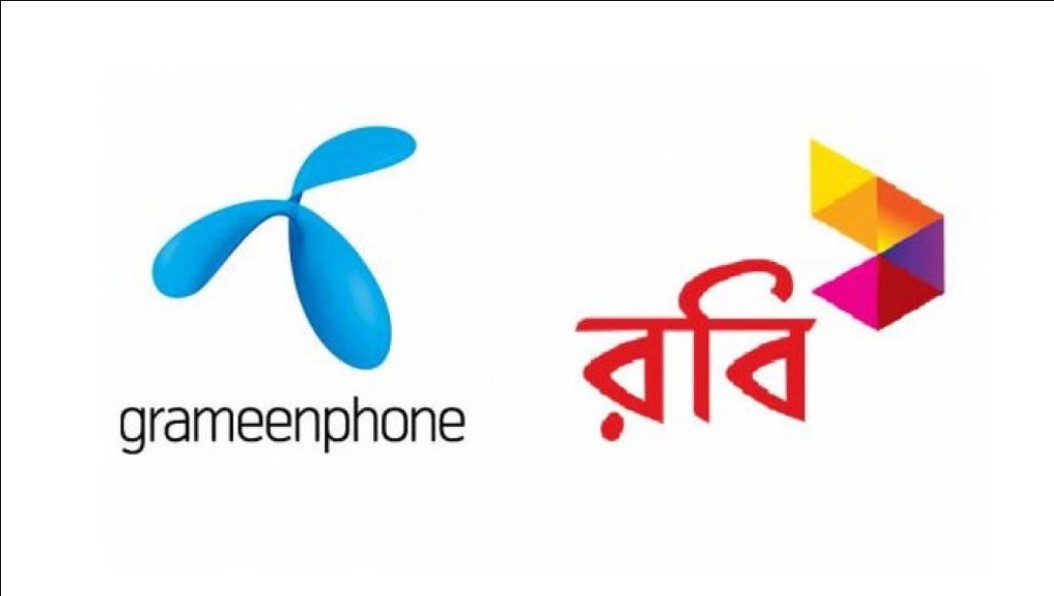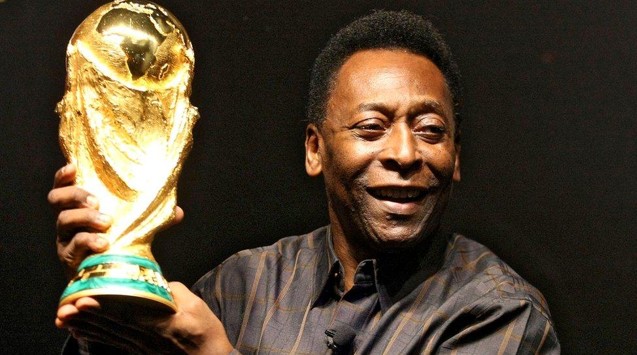Political influence over the police largely stems from the processes of recruitment, promotion, and transfer. Unwarranted interference in these three areas affects the force’s overall operations. To break free from such influence, police officials have long demanded functional autonomy, but the demand has remained unmet.
After the indiscriminate shooting and use of force during the July Uprising, several quarters called for the police to be placed under an independent authority. The police themselves proposed the creation of an independent Police Commission that would oversee recruitment, promotion, and transfer of senior officers. The commission would also address public complaints against the police and resolve internal grievances within the force.
Following political consensus and the inclusion of this proposal in the July Charter, the government has moved to establish an autonomous commission through an ordinance. A committee of advisers, led by Law Adviser Professor Asif Nazrul, has prepared a draft framework outlining the commission’s structure and functions.
According to the draft, the commission will work to ensure discipline, efficiency, transparency, and accountability in police operations—but it will not be the controlling authority over the force.
The draft proposes a nine-member autonomous Police Commission, headed by a retired Appellate Division justice. Recruitment, promotion, and transfer will remain under the Ministry of Home Affairs, as before. The commission will only formulate related policies. In most areas, it will have a recommendatory role rather than decision-making power, raising doubts about its effectiveness since the implementation of its recommendations is not mandatory.
A key concern arises from the composition of the selection committee, which will be chaired by the Home Minister. This has prompted questions about whether a committee led by a ruling party minister can neutrally select commission members. Observers also doubt whether the opinions of other committee members will carry much weight if they differ from the minister’s.
Due to these issues, dissatisfaction has emerged within the police force regarding the proposed structure, powers, and functions of the commission.
There are fears that it may not be free from political influence. Many serving and former officers say that police personnel often comply with unlawful directives from the government or ruling party leaders to secure personal benefits in recruitment, promotion, or posting.
Such practices, they note, have pitted the police against the public. Without addressing these root causes, they argue, the commission will bring little real change.
Inspector General of Police (IGP) Baharul Alam told that the police’s main demand for reform was freedom in operational matters, particularly to ensure that investigations and prosecutions remain free from political or administrative interference.
He also emphasised that transfers, promotions, and postings of senior officials should be brought under an independent commission to prevent political manipulation, and that the process of appointing the police chief should be made more transparent and regulated. “Functional independence,” alongside accountability, should be part of the reform process, he said.
Commission to focus on guidance and recommendations
According to the draft, most of the Police commission’s activities will revolve around guidance, policy formulation, and recommendations. For example, although it will not have direct authority over recruitment, promotion, or transfer, it will develop related policies and issue guidelines or recommendations for implementation. The draft does not specify whether these recommendations must be acted upon.
The commission will provide recommendations or guidelines on standardising police appointments across ministries and agencies, emphasising integrity, competence, professionalism, fairness, and merit. It will also issue strategic guidance for building a professional, efficient, and influence-free police force.
The commission will be empowered to recommend candidates for IGP appointment, forming a panel of three additional IGPs based on integrity, merit, skill, seniority, and performance. It will recommend appointing the IGP for a term of two to three years.
The draft also proposes that the IGP be included as a member of the Superior Selection Board (SSB) for promotions, and that the Additional IGP (Administration) serve as a member of the Departmental Promotion Committee (DPC). The commission will also have authority to provide directions or recommendations to relevant authorities on promotion matters.
Nine-member commission, five-member selection committee
The nine-member commission will be chaired by a retired justice of the Supreme Court’s Appellate Division. The member-secretary will be a former IGP.
Among the other seven members, two will be temporary representatives—one nominated by the Leader of the House and the other by the Leader of the Opposition.
The remaining five permanent members will include: one retired secretary-level officer, one retired government officer of grade-1 rank, one retired Additional IGP (Grade-1), one retired judicial officer of grade-1 rank or a renowned lawyer with at least 20 years of experience in legal practice, one noted human rights activist with at least 20 years of experience working in registered human rights organisations in Bangladesh or abroad.
The draft mandates at least one woman member on the commission. Appointments must prioritise individuals with proven integrity and professional excellence. The chair and members will serve a five-year term and enjoy a status equivalent to that of High Court judges.
The commission will be able to form committees—such as a citizen complaints management committee—but there is no requirement to include opposition representatives or women. Critics warn that this could make such committees one-sided.
Selection process
A five-member selection committee will be responsible for recommending appointments to the Police Commission. The committee will be chaired by the Home Minister or Adviser, and the President will appoint commission members based on its recommendations.
The selection committee must complete its process within 30 days of initiation. Its members will include a justice of the Supreme Court’s Appellate Division nominated by the Chief Justice, the Chairman of the National Human Rights Commission, The Chair of the Parliamentary Standing Committee on Home Affairs, and the Chairman of the University Grants Commission.
Investigating complaints against police
The draft proposes creating a dedicated mechanism to address public complaints and ensure police discipline, efficiency, and accountability. The commission’s duties will include ensuring integrity, discipline, and professionalism of police; monitoring police actions to uphold human rights standards; identifying and resolving problems in criminal investigations and prosecutions; conducting regular audits of detention, interrogation, and use of force; and recommending or directing action against individuals or entities exerting unlawful influence over police functions.
The commission will also investigate and resolve citizen complaints against the police. Based on the nature and severity of complaints, it will recommend disciplinary action and issue implementation directives.
Regional investigation committees—comprising retired officials and human rights activists—will handle inquiries while ensuring complainant confidentiality and protection. Complaints will be reviewed and addressed quarterly.
Addressing internal grievances
The commission will also work to resolve grievances among police personnel—including issues of undue influence, discrimination, harassment, unfair punishment, and irregularities in promotion or posting. It will recommend or direct authorities to take corrective measures and ensure legal protection for officers performing their duties lawfully.
A dedicated grievance redress committee will handle such matters. Police personnel can submit grievances directly, and the committee must notify complainants in writing about actions taken and outcomes. The committee may also initiate investigations suo motu (on its own) if it identifies systemic issues.
Questions about effectiveness
Many serving and retired officers say that while the draft emphasises grievance resolution, it neglects the core issue of functional autonomy.
Former IGP Mohammad Nurul Huda told Prothom Alo that the government’s failure to form an independent Police Commission even a year after the formation of the interim government “shows a lack of seriousness.”
He said that unless the commission is formed from an apolitical perspective, the entrenched system will not change. Without functional autonomy, the same practice will continue—someone will say, ‘This is our case; handle it this way.’
“Unless the key problems—recruitment, promotion, and transfer—are addressed, forming a police commission will not help much,” Nurul Huda said.
“This commission will not be able to free the police from political influence,” he added.
Courtesy: Prothom Alo Online





